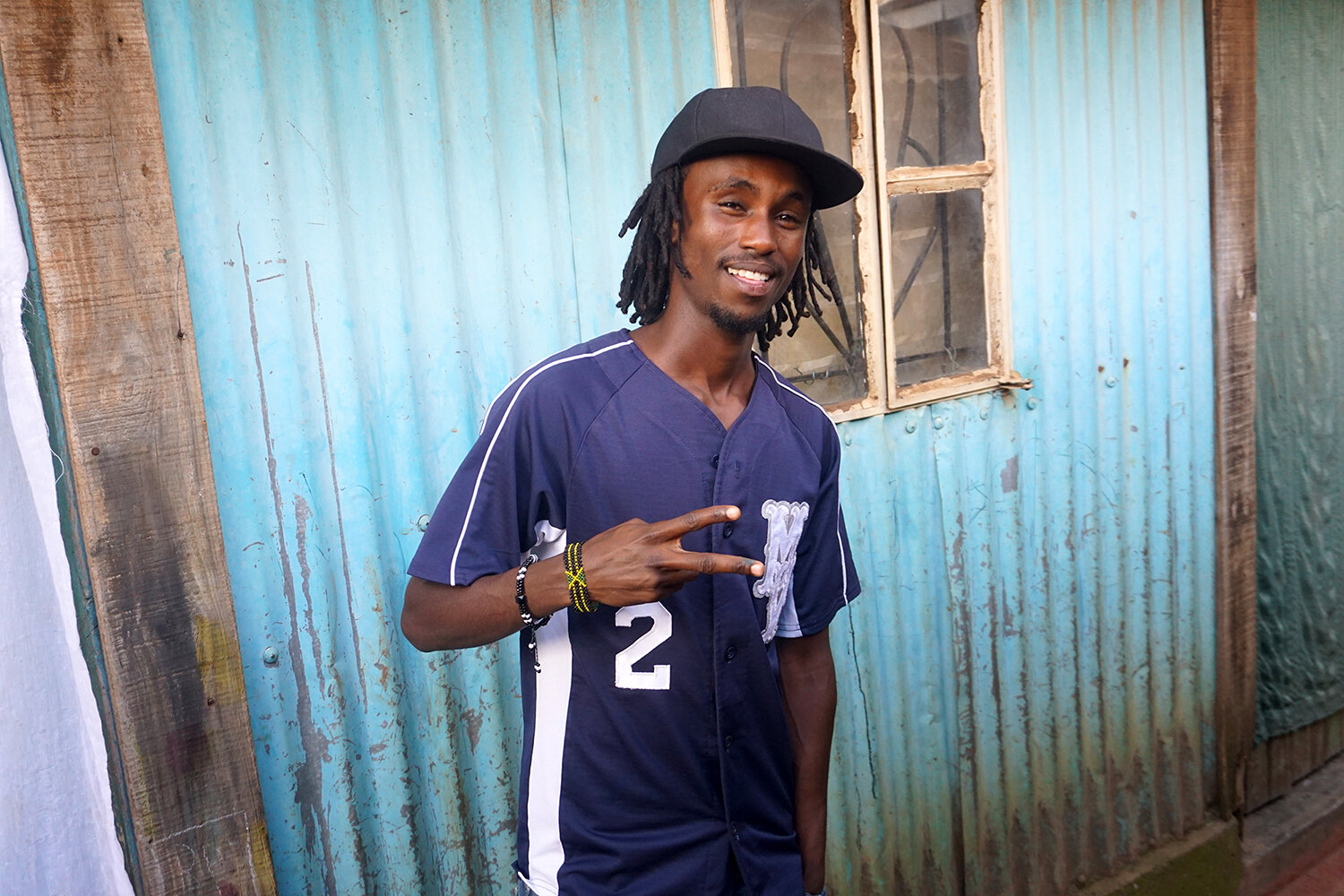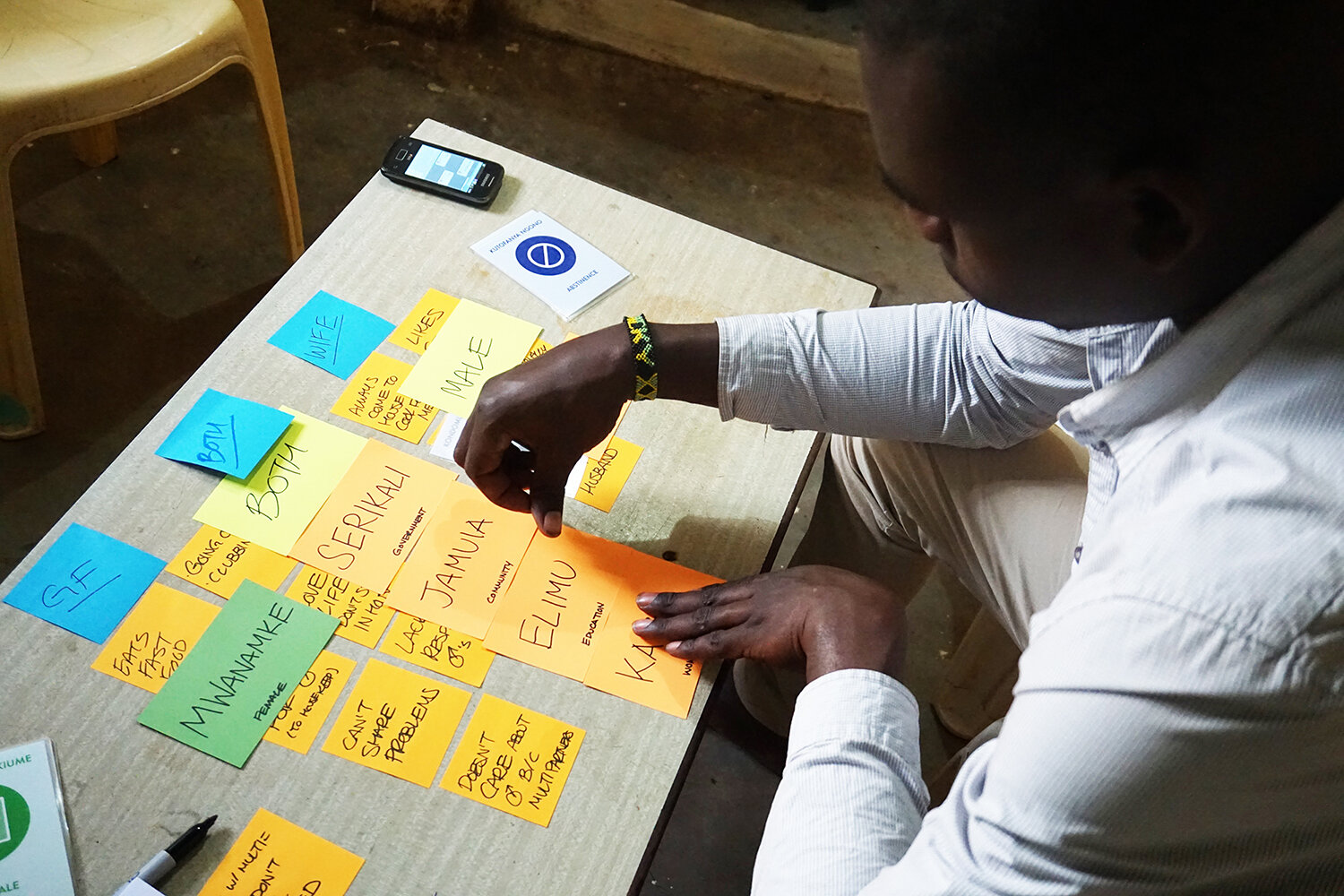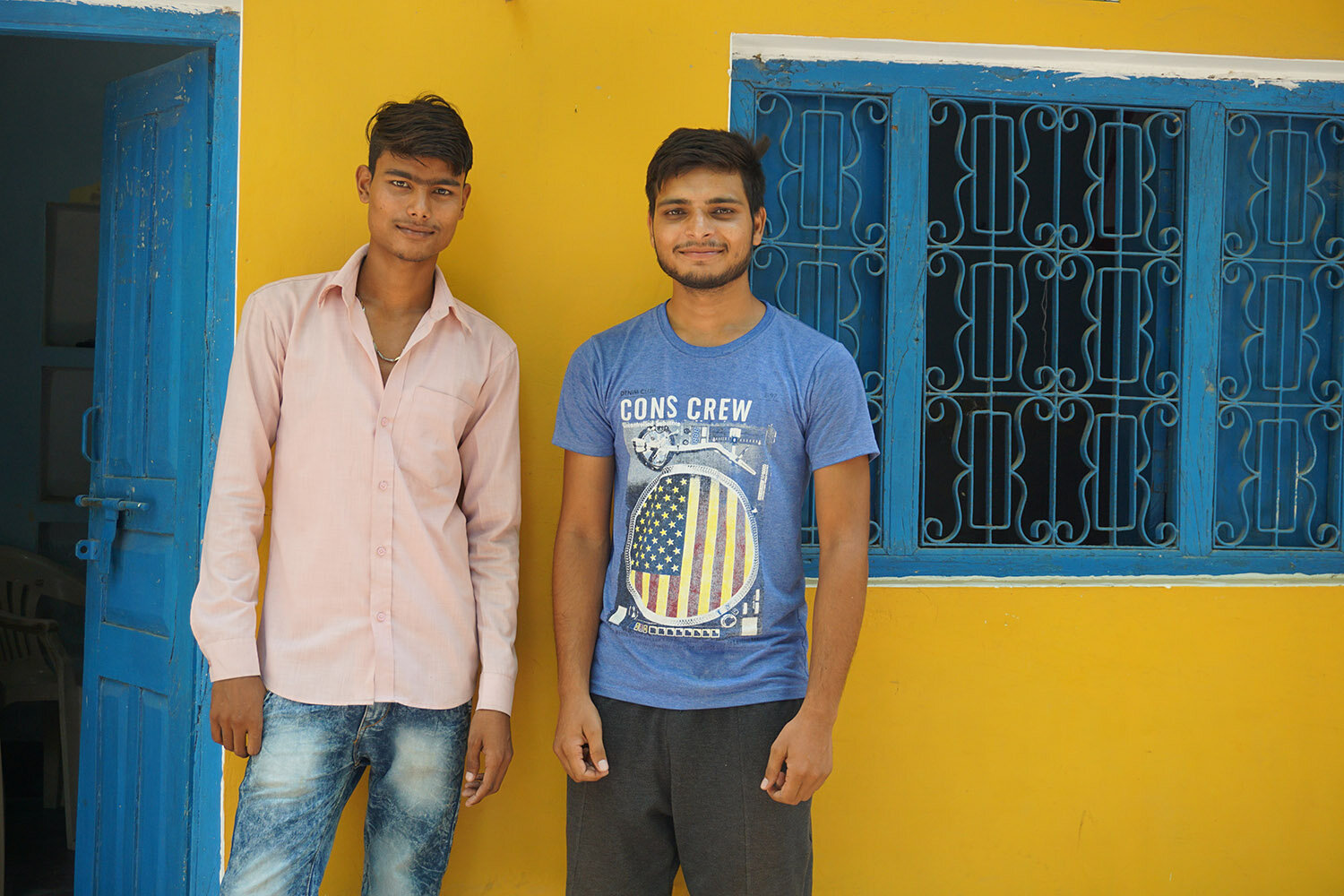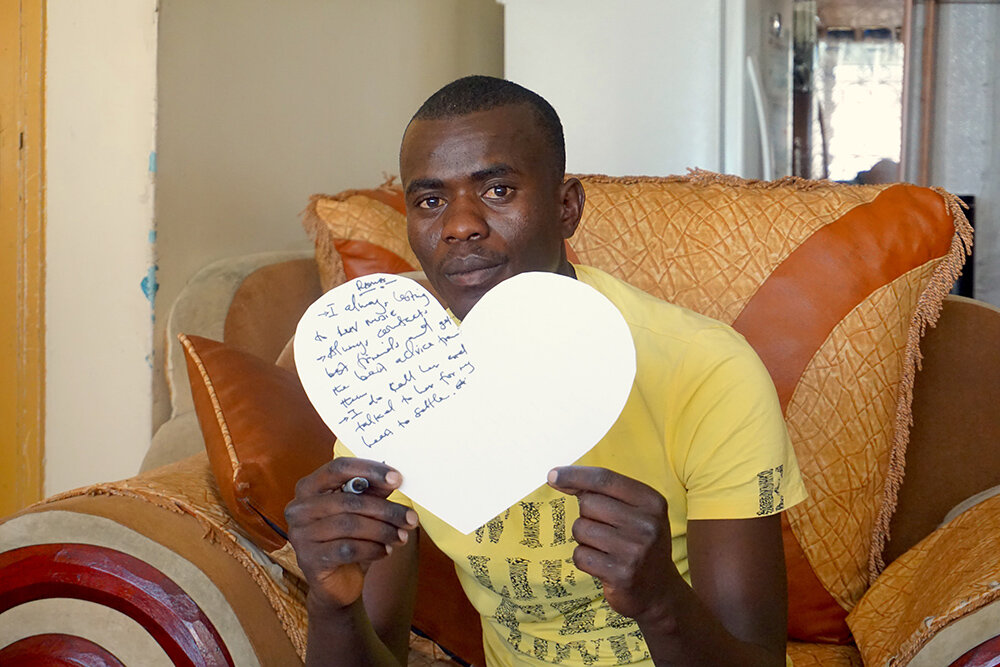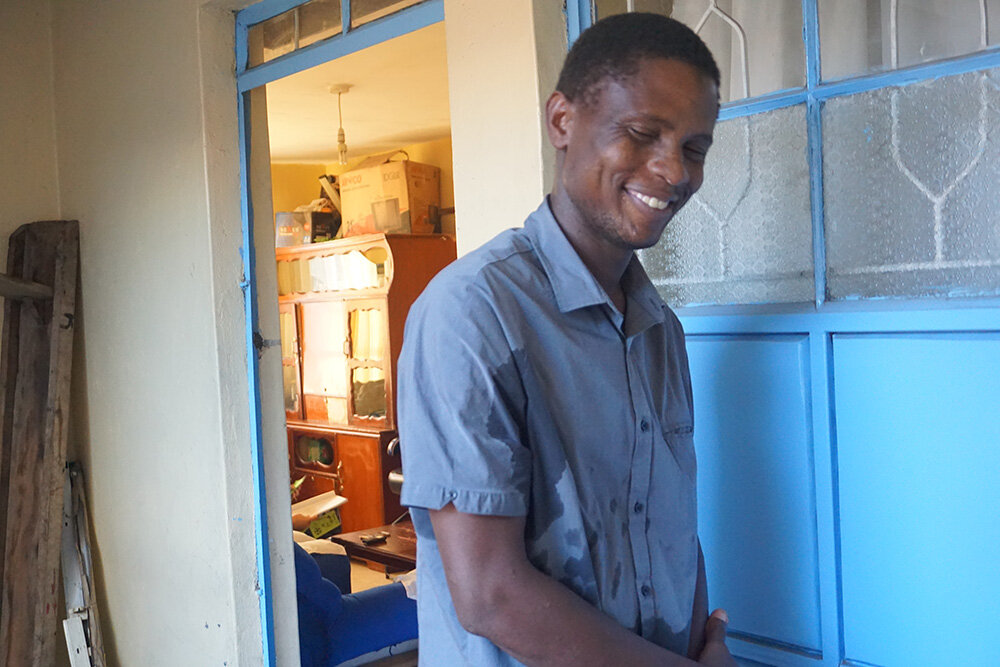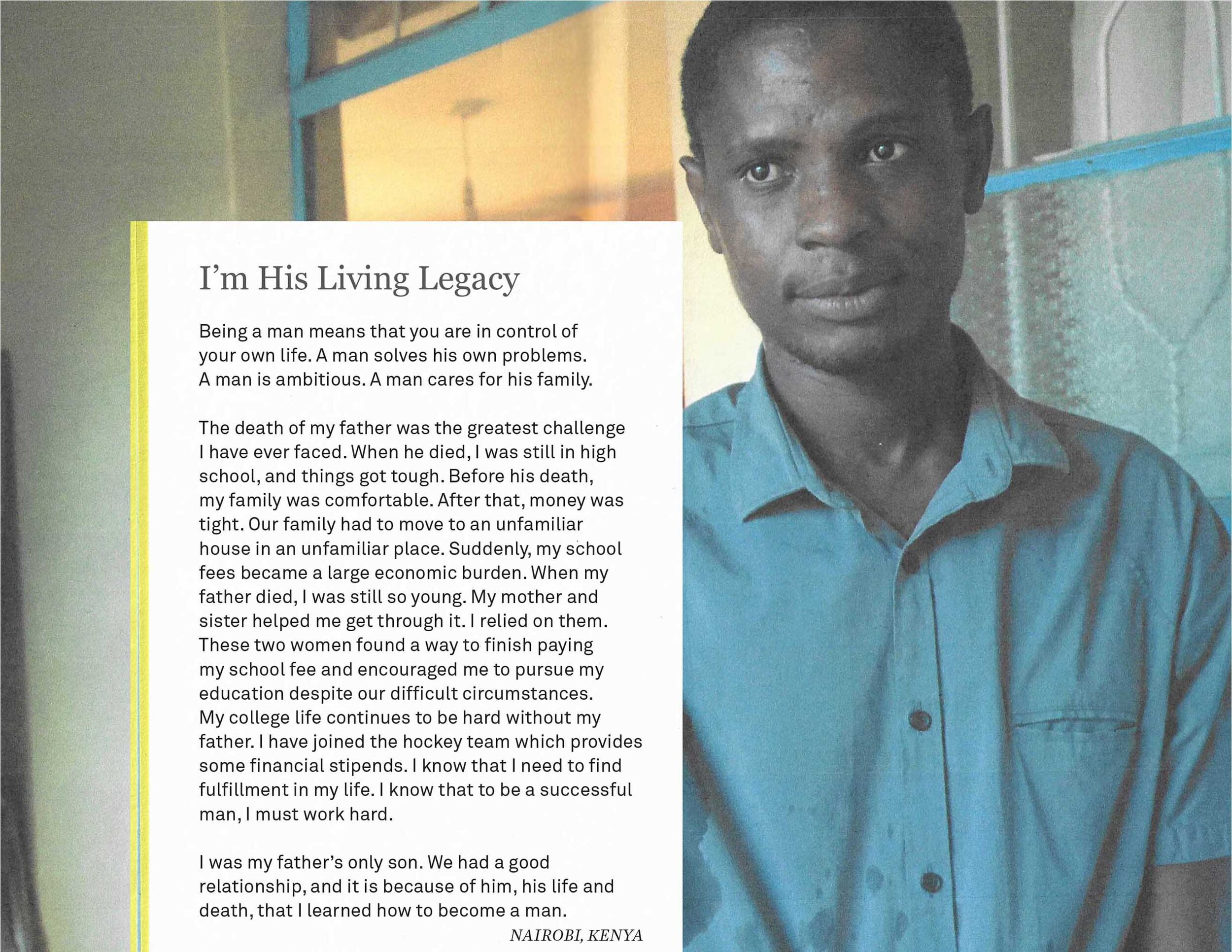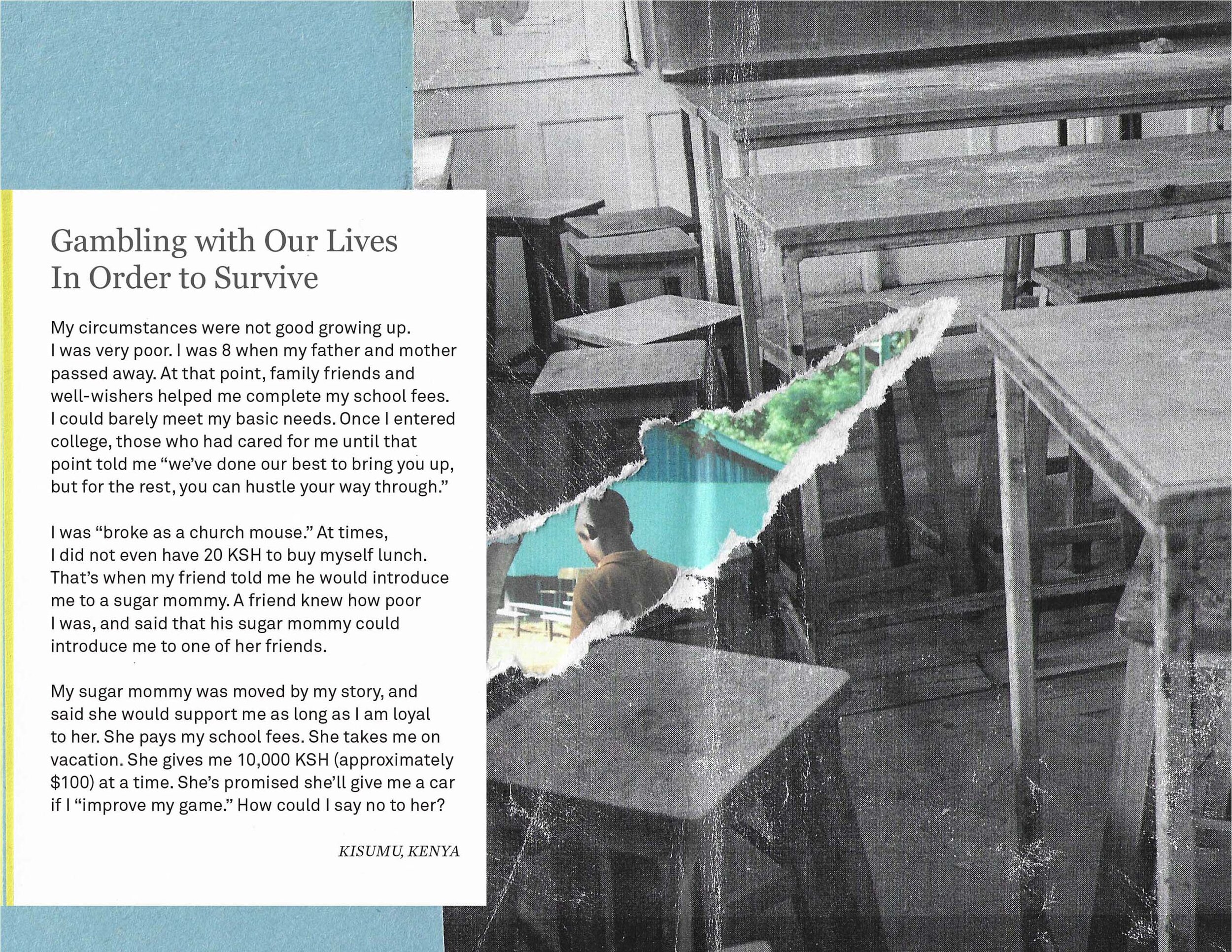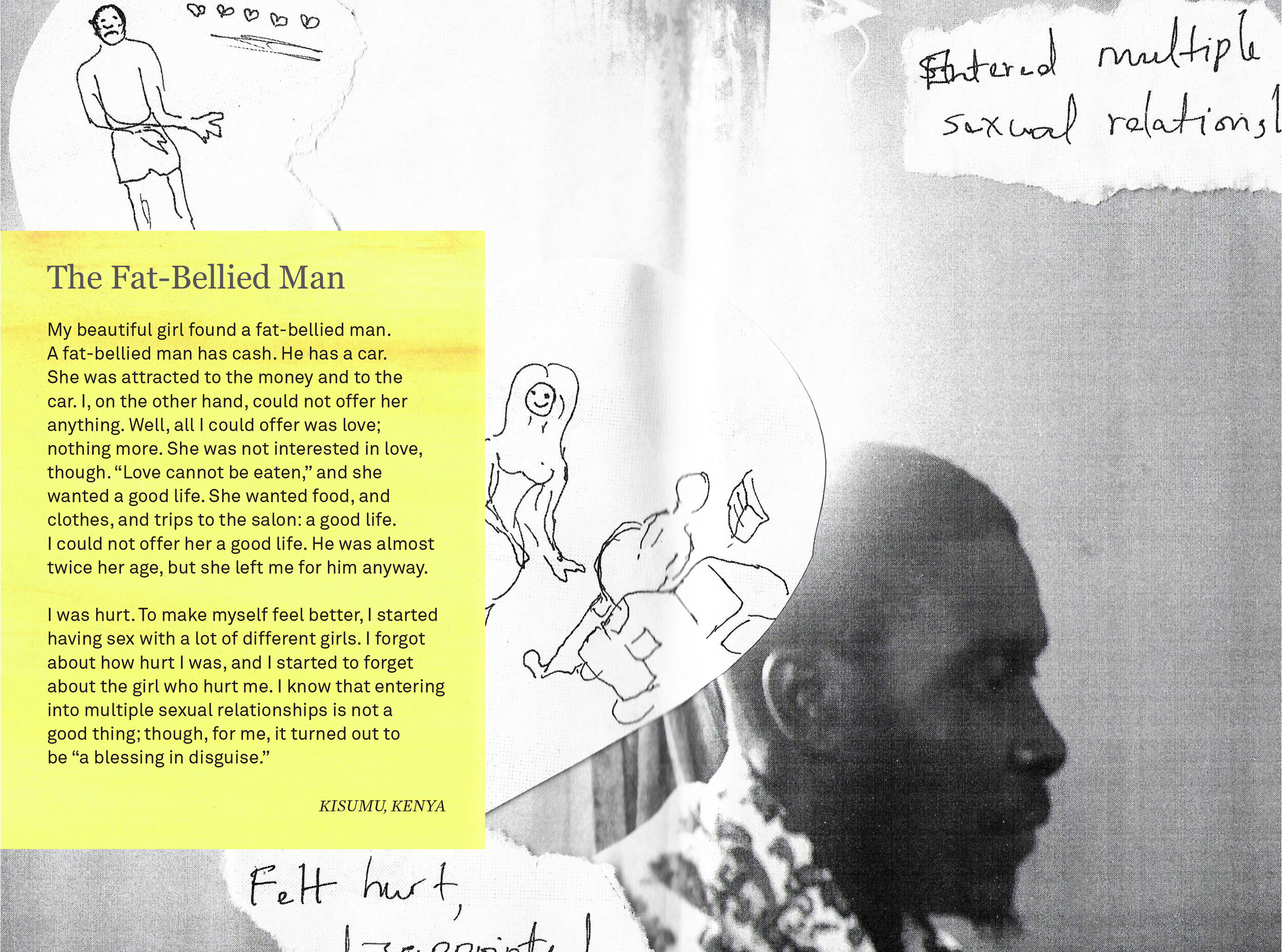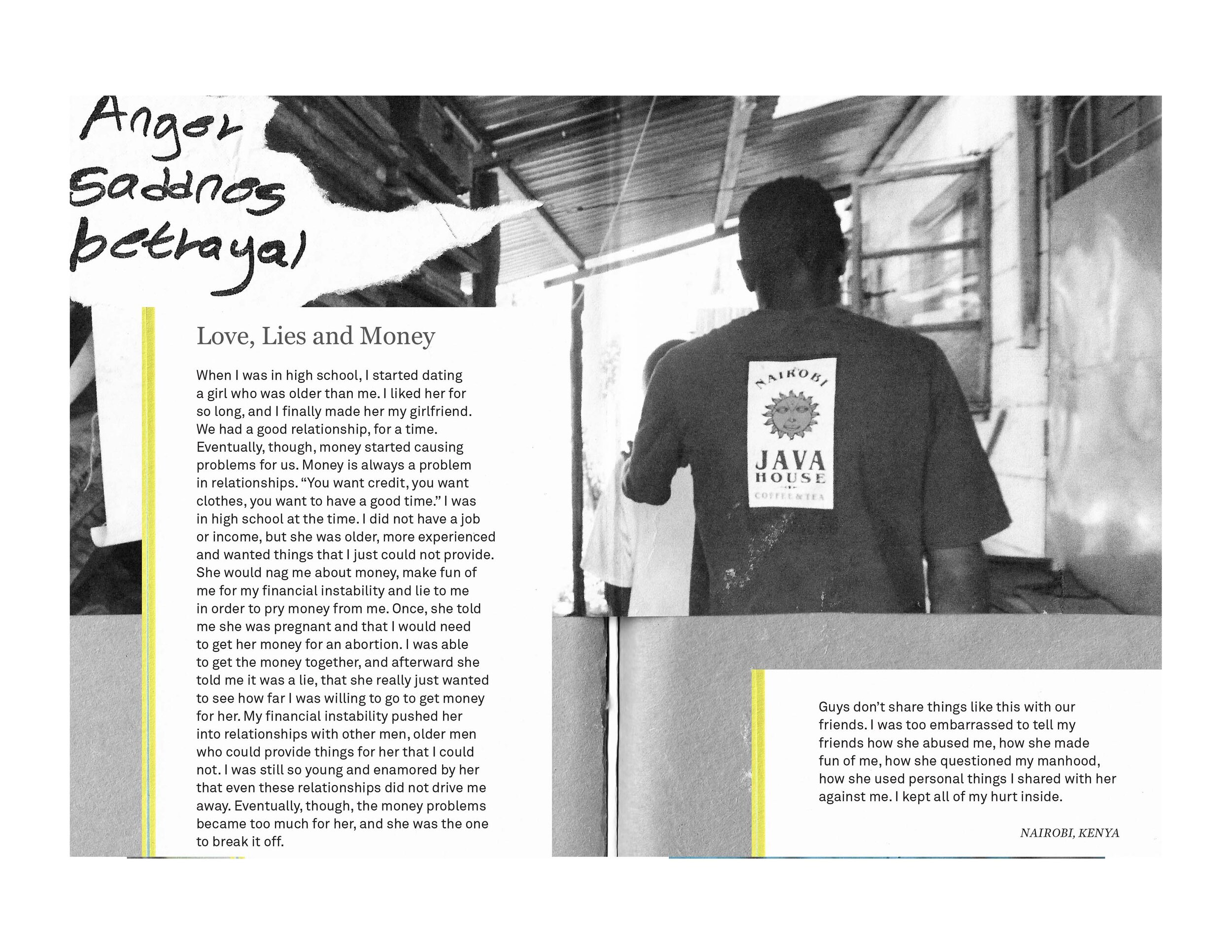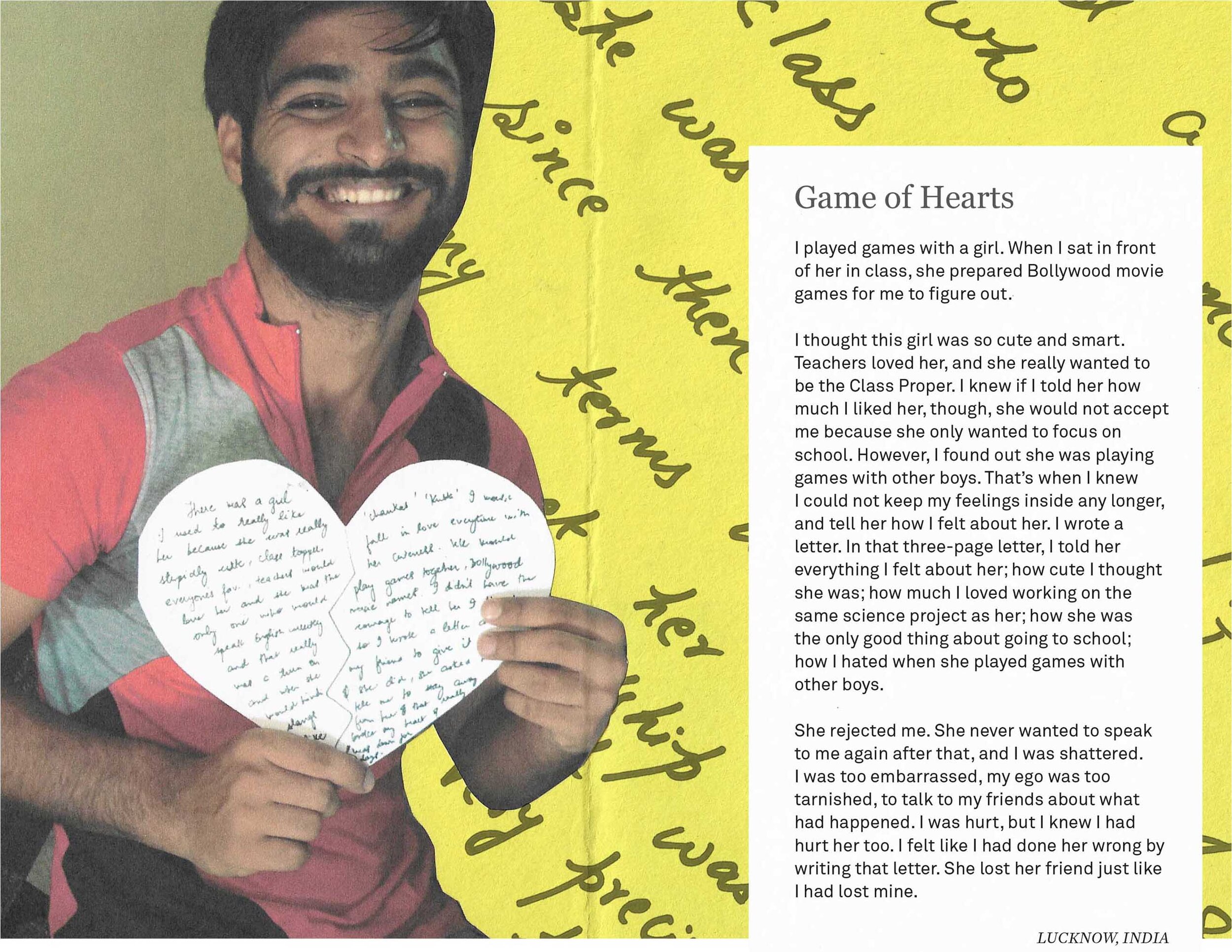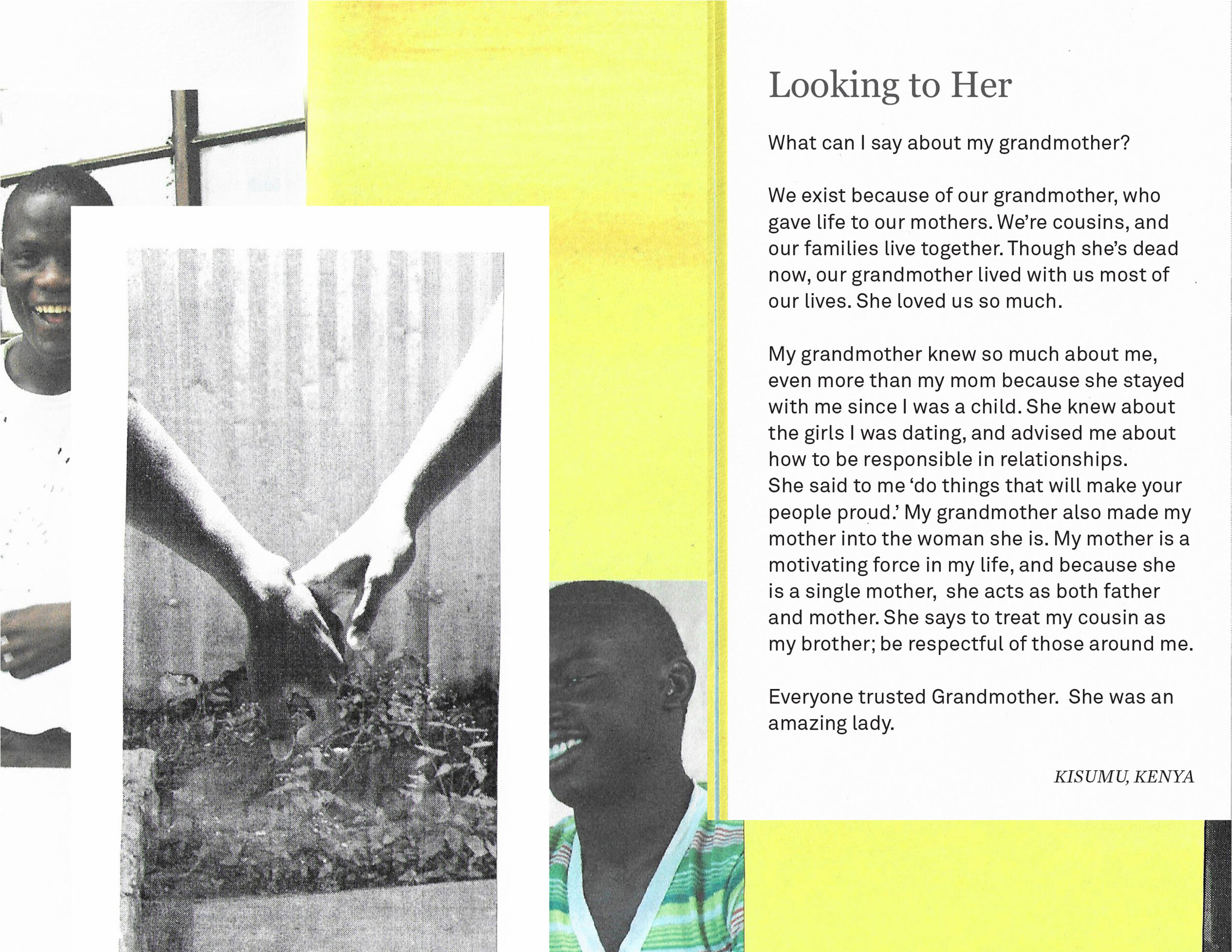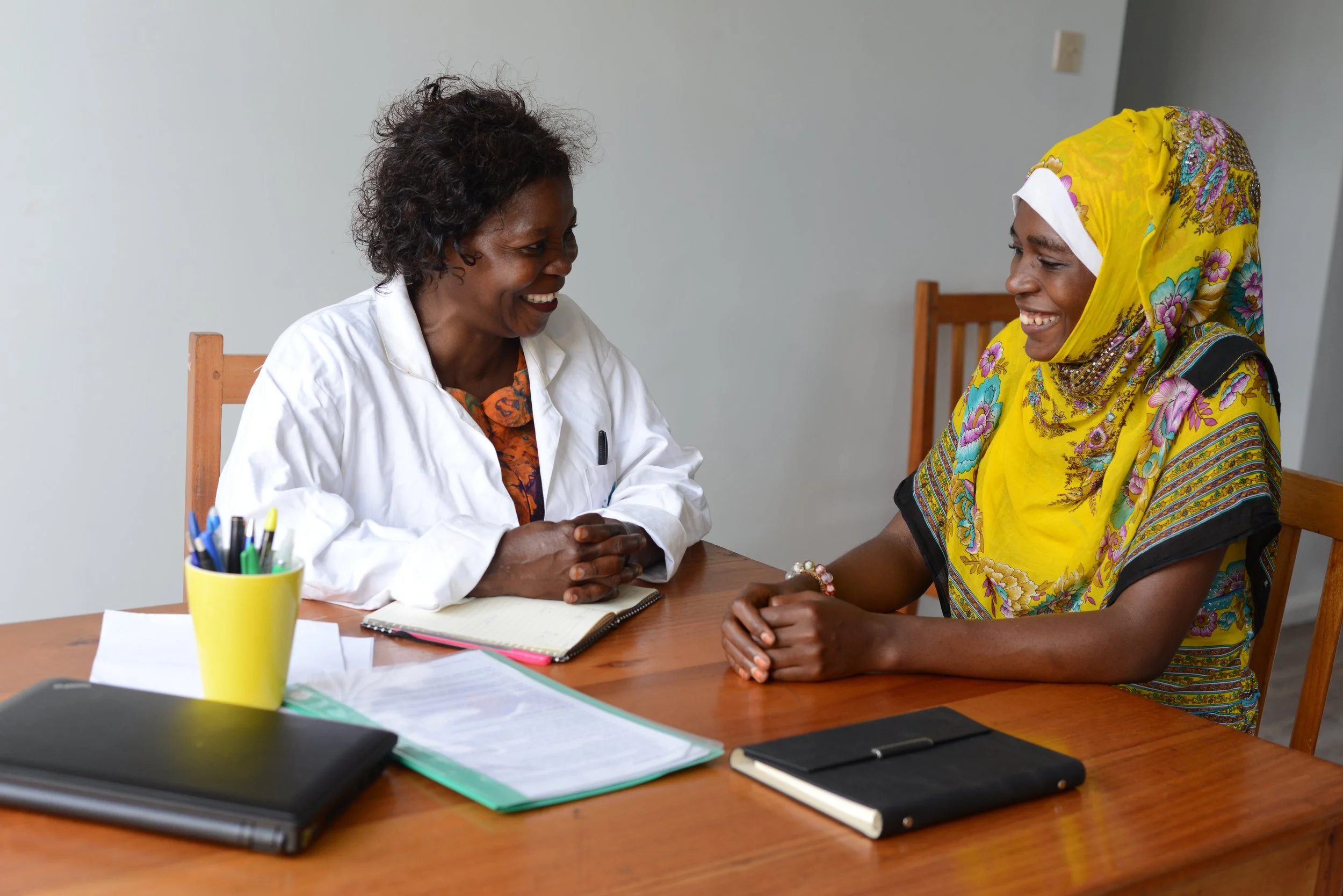Men Stand Up
Understanding young men’s needs, experiences, and vulnerabilities to inform future sexual and reproductive health programming and research
Project:
Men Stand Up
Location:
India, Kenya, Nigeria, Mali
Funders:
Bill & Melinda Gates Foundation
Partners:
Viamo, FSG
Challenge
Inequalities in power and privilege among men and women can give men greater decision-making power and limit women’s ability to negotiate sex and use of contraceptives. Current social and behavior change communications and programs are predominantly targeted towards women, leaving men out of this critical discussion.
Few studies explore young men’s experiences, needs, desires, or vulnerabilities related to sexuality, relationships, and child-bearing. The small body of research predominantly focuses on men and boys through the lens of preventing gender-based violence, or as women’s partners.
Young men are not a homogenous group and this dearth of research means that little is known about their diverse behavioral drivers and the role of peer networks in driving demand for and uptake of family planning services.
Innovation
Participatory research was conducted with 98 young men in India and Kenya to hear their stories and learn how their life experiences had shaped their decision-making. An interactive voice response (IVR) survey was then deployed to over 800 young men in India, Kenya, Mali, and Nigeria to better understand their knowledge and use of contraceptive methods in different communities.
We uncovered young men’s perspectives on gender, fatherhood and family planning, masculinity and vulnerability, gender-based violence, and unemployment. The findings paint a picture of what young men need and want when it comes to sexual health in four different cultural contexts.
“Sex is a performance. Your reputation is at stake. The audience is the girls, your friends, and yourself. Having sex is the ‘in’ thing. If you don’t have sex, you’re not seen as a man.”
Masculinity
How do ideas of masculinity impact decision-making in relationships and how does it influence family planning?
What does it mean to be a man? Young men most commonly talked about leadership, decisiveness and being the breadwinner. In both India and Kenya, young men said they experience considerable pressure to be financial providers. Girlfriends expect them to express love and commitment through gifts and money. Lack of economic means affects their self-worth and their chances of relationship success.
Being a man means putting up a strong front, despite experiences of heartbreak, pressure, and vulnerability. These young men often felt they had few people to confide in and trust with their questions. Universally, young men talked of the pressure to impress peers and be seen to be experienced in relationships and sex.
In all four countries, 43% of men see themselves as the primary decision maker about family planning. In India and Kenya, young men are struggling to reconcile traditional values and gender norms, which prioritize men as decision-makers, with ideas of ‘modern’ relationship where men and women make decisions together.
Contraception
How are young men learning about and accessing contraception in their communities?
Lack of knowledge about sex and contraception is pervasive. Over one third of men surveyed did not know of any contraceptive methods, other than condoms. Young men in India and Kenya told us that it largely stems from the absence of formal sex education in schools and parental sex education at home. Limited availability of information and taboos about talking about sex means these young men learned about sex from real-life experiences, friends and older classmates (who were also uninformed), mass media and porn.
Young men typically were most curious about information on how to have sex and porn was often their go-to method to learn this. In Kenya, where men’s knowledge of and use of contraception was highest, young men were worried about the impact of hormonal contraception on their partner’s future fertility and myths abounded on risks of the various methods. Young men in India were most familiar with condoms and female sterilization for family planning. The most important barrier to using condoms was the stigma and shame they experienced in trying to purchase these.
Love
How do young men’s experiences of love and vulnerability influence their behavior in relationships?
In all settings sex before marriage is stigmatized, but especially for young men interviewed in India. Though most young men have girlfriends, they hide these relationships from their parents and go to great lengths to protect secret relationships. This stigma can inhibit them from buying and using condoms. Men in Kenya talked of the pressure to satisfy a woman sexually. Failure to do so has real consequences, including social stigma from other girls, public shaming on social media sites and teasing from friends.
Experiences of fear, heartbreak and jealousy in young men’s relationships were wide-spread and often colored how they explored and asserted power in their own relationships. Many young men talked of fear of abandonment for a wealthier man if they could not provide financially. Across all countries, trust of your partner had a strong influence on use of contraception. In Kenya, young men believe stopping using contraception demonstrates a woman’s love and loyalty. In India, young men said that girlfriends could demonstrate fidelity by providing passwords for social media accounts, so they can monitor their activity.
“Love marriages are not successful here. You are disobeying your family by entering into a love marriage. If a family finds out that a girl is in a relationship, they try to get her married early so she does not jeopardize her arranged marriage. I had to keep my relationship a secret for this reason. We all have secret relationships.”
Next Steps
Our findings from Men Stand Up are currently being used by the Bill and Melinda Gates Foundation and other funders and partners to inform the design of better gender, family planning, and health programs worldwide. To find out more about how our findings from this project continue to inform our project work, check out this HCD Exchange Webinar, Designing and Programming for SGBV Among Teen Boys and Girls.


